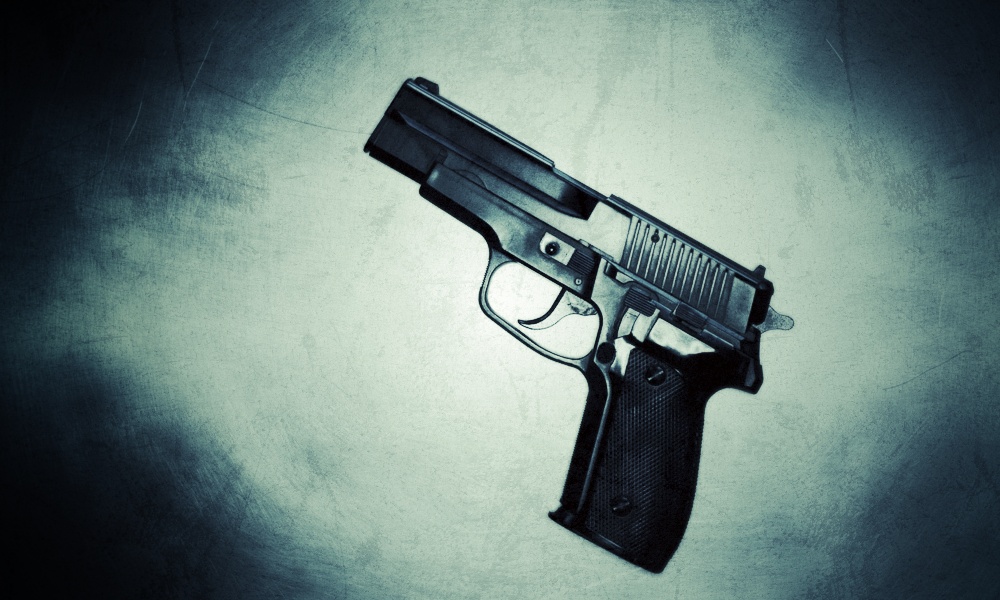
Medical Groups Look to Change Rhetoric on Gun Control
Like Congress, medical groups struggle to agree on how to tackle the issue of gun violence. The American Academy of Pediatrics wants to frame the debate around public health rather than politics, while a group of doctors supporting gun rights has a different message.
As the gun-control debate continues in Washington and around the country, medical groups on both sides of the issue are weighing in from a different perspective.
Our challenge is to translate these findings into actionable public health strategies.
More than 100 pediatricians met with policymakers on Capitol Hill earlier this month as part of the American Academy of Pediatrics’ renewed effort to get Congress to pass gun-control legislation. AAP is trying to change the way people look at the gun issue, focusing less on politics and more on public health and safety.
“We have to have a collectively louder voice,” Dr. Danielle Laraque, chair of the pediatrics department at Maimonides Infants and Children’s Hospital in Brooklyn, said in a meeting of the Pediatric Academic Societies in DC. “What we need is a call to action, to really look at how we can change public policy that is not often affected by data.”
At the meeting—a symposium on the “science of gun safety”—experts discussed the role data could play in the debate.
“Decades of research have established a link between screen violence and real-world aggression,” said Dr. Dimitri Christakis, a professor of pediatrics at the University of Washington and director of the Center for Child Health, Behavior, and Development at Seattle Children’s Research Institute. “Our challenge is to translate these findings into actionable public health strategies.”
Meanwhile, Doctors for Responsible Gun Ownership, a medical group supporting gun rights, agrees that the conversation should shift but says the proper emphasis is gun safety instruction.
DRGO “is a nationwide network of physicians, scientists, medical students, and others who support the safe and lawful use of firearms,” the group says on its website. “We believe that average Americans, including young people, can be trusted to use firearms safely for the benefit of themselves and their communities. You don’t need a doctor lecturing you about guns, especially if he or she has no knowledge of firearms. And firearm safety is not something you learn in medical school.”
The National Rifle Association sponsored legislation in 2011 that prohibited doctors in Florida from asking patients if they owned guns. The measure was aimed at pediatricians who routinely ask new parents if any guns present in the home are stored away safely. (NRA sponsored similar legislation in Alabama, Minnesota, North Carolina, Oklahoma, and West Virginia.) The law was ultimately struck down by a federal judge.
(Stockbyte/Thinkstock)






Comments